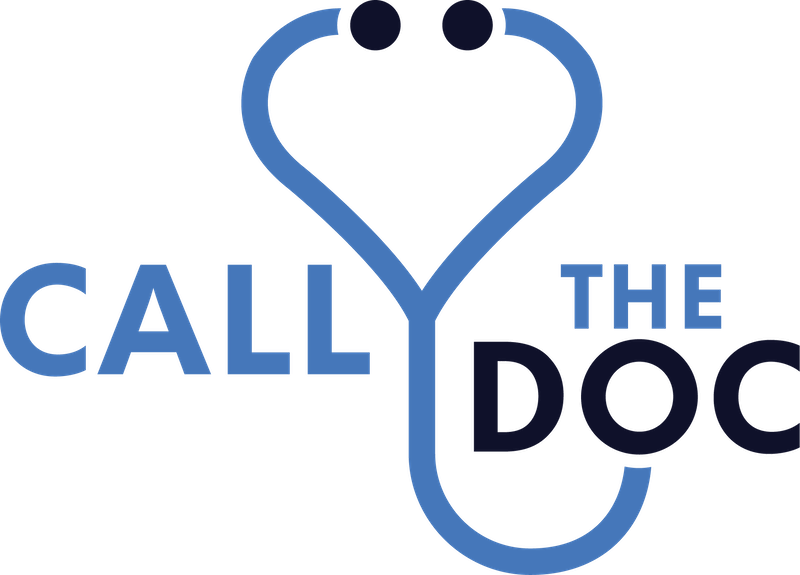Health
Stay Healthy! No more appointments or waiting rooms.
Join our amazing network today and start enjoying the benefits immediately!
Combining our many years of knowledge, education and experience resulted in...
Nutrition Is Key To Maintaining Good Health...
Huge advances have been made in the field of medicine in the past fifty years...
Be Smart About Prescription Drug Use...
Call the Doc
Medical Resources
Combining our many years of knowledge, education and experience resulted in the creation of Call The Doc. As a committed telemedicine provider, we want to make it easier for you to learn and develop ways to better communicate your interests and concerns to our network physician and your health care practitioner(s).
It is our priority to provide you with medical information that is current. Many sites provide valuable information, while others may have information that is unreliable. As we continue to identify links to sites which provide information provided by people with professional and scientific qualifications, we will share those links with you by posting them on this page.
Call the Doc
Nutrition
The food you eat is the source of energy and nutrition for your body. Eating should be a pleasurable experience not one that causes guilt or regret. Getting enough food is usually not a problem in the United States, but getting enough good nutrition can be a challenge. What should I eat to stay healthy? This is the question we ask our friends and associates-many people have an opinion. There is a lot of advice available. Ultimately, speaking with your healthcare practitioner is the safest start.
Nutrition is a very broad discipline and volumes of information are available and can be expounded upon. The following offers an abbreviated glimpse into what we should keep in mind in order to increase our chances at receiving a healthy report:
Since the average healthy person is composed of approximately 75% water it is important to drink plenty of water – about eight, 10 ounces glasses per day. The amount of water you drink should increase if you are involved in sports or increased physical activity to avoid dehydration. Helping your body maintain a healthy balance or homeostasis (blood pH of 7.35 – 7.5) is important and can be achieved by maintaining a diet which is outnumbered by fruit and vegetable consumption vibrant in color and naturally replete in nutrients.
Taking small bites of food and chewing your food thoroughly along with at least 2 glasses of filtered water with meals aids in digestion and discourages constipation which can lead to a host of health maladies.
In most cases, if our immune system is functioning properly it is unlikely we become ill. Stress, environmental influences and harmful lifestyles and habits all conspire in the formation of abnormal cells which lead to pathology. When it comes to immune health, many of us do not consider how that converts into excess time away from work and for our children, away from school. Make a commitment to increase whole grains, nuts, beans, raw fruits and vegetables (wash fruits and vegetables well) into your diet. Good fats (essential fatty acids), flaxseed and coldwater fish (e.g. salmon) and other vegetable oils aid in heart health, aid in the prevention of cancer, autoimmune diseases and others. Stay away from trans-fats (hydrogenated) and animal fats.
Decrease sweeteners such as processed sugar, high-fructose corn syrup and artificial sweeteners. Avoid refined foods like white flour-based foods (e.g. white bread, pastries, bagels and cookies).
After meals, move around before retiring so your body can use its energy for sleep rather than digestion. Exercise regularly without comparing yourself to people on television or fashion magazines. Speak with your healthcare practitioner about a safe exercise for you and be honest with yourself about what you know you can stick with. Spend more time outdoors when weather permits. Connecting with nature promotes good mental health.
Get plenty of sleep so you are energized the next day. Remember the biology class you had in high school? Perhaps you do. The good news is lots of new information is now available about how the body works which helps us to understand it now better than ever.
Call the Doc
About Diseases
Modern healthcare is based on the belief that objective and measurable scientific research holds the answers to curing diseases. Fortunately, huge advances have been made in the field of medicine in the past fifty years to improve our quality of life and curtail the onset of disease. Tremendous efforts are exercised daily to sponsor and support experts in the field of medical research so that progression continues.
In many cases, the terms disease, disorder, morbidity and illness are used interchangeably. In some situations, specific terms are considered preferable. The term disease broadly refers to any alteration from the normal structure or function of any part of the body. Commonly, this term is used to refer specifically to infectious diseases which are clinically evident diseases that result from the presence of pathogenic microbial agents, including viruses, bacteria, fungi, protozoa, multi-cellular parasites, and atypical proteins. An infection that does not produce clinically evident impairment of normal functioning is not considered a disease. Non-infectious diseases are all other diseases, including most forms of cancer, heart disease, and genetic disease.
Living with disease can be very difficult. The identification of a condition as a disease, rather than the disease being simply characterized as a variation of human structure or function, can have significant social or economic implications. A condition may be considered to be a disease in some cultures or eras but not in others. For instance, the social implication of viewing aging as a disease could be profound, though this classification is not yet widespread. Fear of disease can still be a widespread social phenomenon, though not all diseases evoke extreme social stigma. At the present time, a formal system for infectious disease vigilance does not exist on a global scale. When a cluster of cases of a new disease occurs in the United States or in a remote part of Africa, Eastern Europe or Asia, the international community may or may not learn about it. If a new disease of unknown cause occurs in a part of the world that lacks modern communications, it may spread far and wide before it is recognized and brought under control. In most cases, however, news of a major outbreak spreads informally.
When international resources are successfully mobilized, assistance in diagnosis, disease control and prevention can be made available to local health authorities. Clinical specimens can be sent to a diagnostic reference laboratory to rule out known disease agents. Epidemiologists can be sent into the field to help investigate the source of the new infection and determine how it is transmitted. Public health officials can use this information to implement appropriate control measures. Once the infectious agent has been identified, which is often difficult, an experimental scientist can start to develop diagnostic tools and treatments if the disease is carried by a previously unknown agent.
The healthcare industry is busy at work developing new cures for diseases, discovering fascinating new information about the human body and integrating sophisticated technology into every aspect of medicine. Medical experts are finding ways to offer progressive services and programs to meet the evolving healthcare needs of our citizens. To successfully meet the challenge of an increase in population, our medical system and their communities are continually developing a variety of new services and programs to allay concerns and meet the needs of you and your family.
Call the Doc
Drugs
The definition of drugs can be classified as the following:
(1) A natural or synthetic substance which when taken into a living body affects its functioning or structure, and is used in the diagnosis, mitigation, treatment, or prevention of a disease or relief of discomfort. It is also called legal drug or medicine. A legal or medicinal drug (such as amphetamines), however, can be harmful and addictive if misused.
(2) A habit forming stimulant or narcotic substance such as alcohol, cannabis, nicotine, or a derivative of cocoa or poppy which produces a state of arousal, contentment, or euphoria. Continued or excessive use—called drug abuse or substance abuse—of such substances causes addiction or dependence. Thereafter any attempt to discontinue their use results in specific reactions such as withdrawal symptoms, sweating, vomiting, and tremors which cease when the use is resumed. It can also be called an illegal drug in which case its production and/or use are prohibited. Whether a substance is legal or illegal has nothing to do with its potential for addiction or harm. For example, alcohol and nicotine are both potentially addictive and harmful and are legal in most countries.

